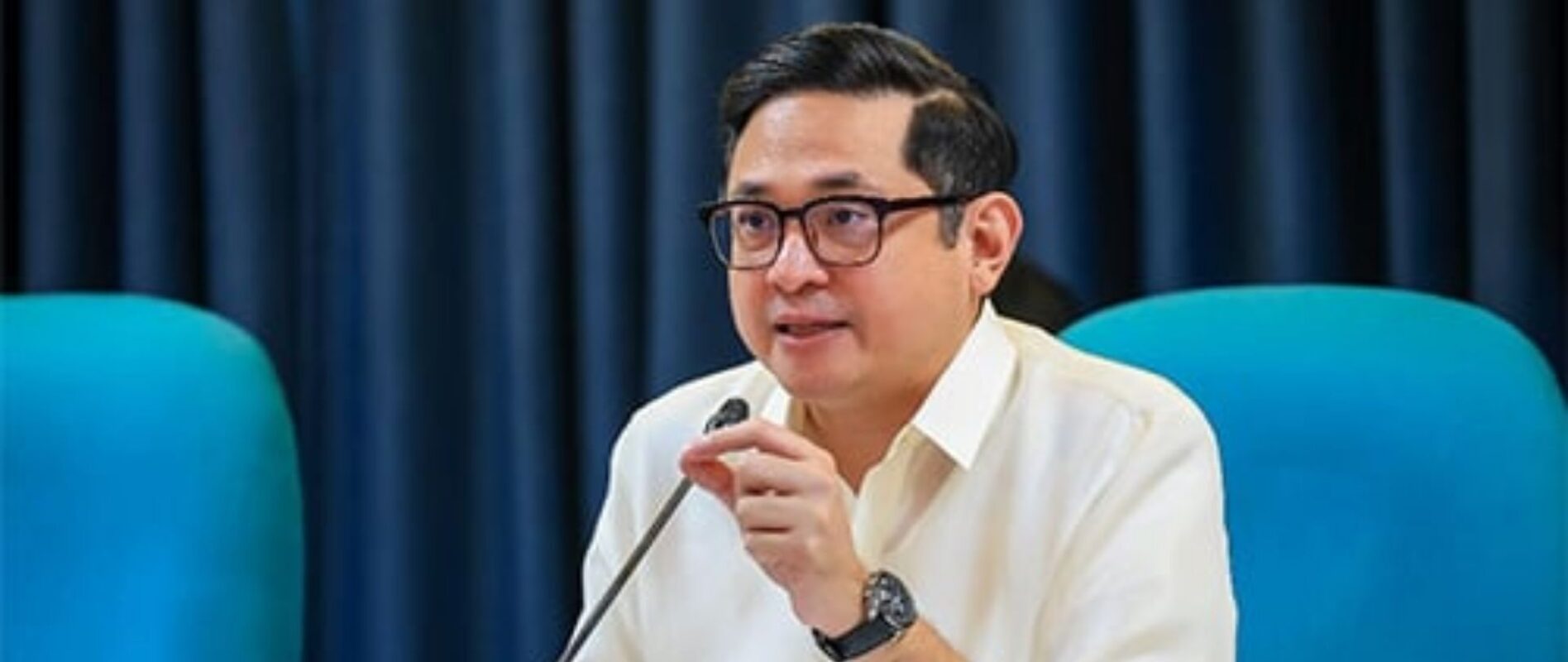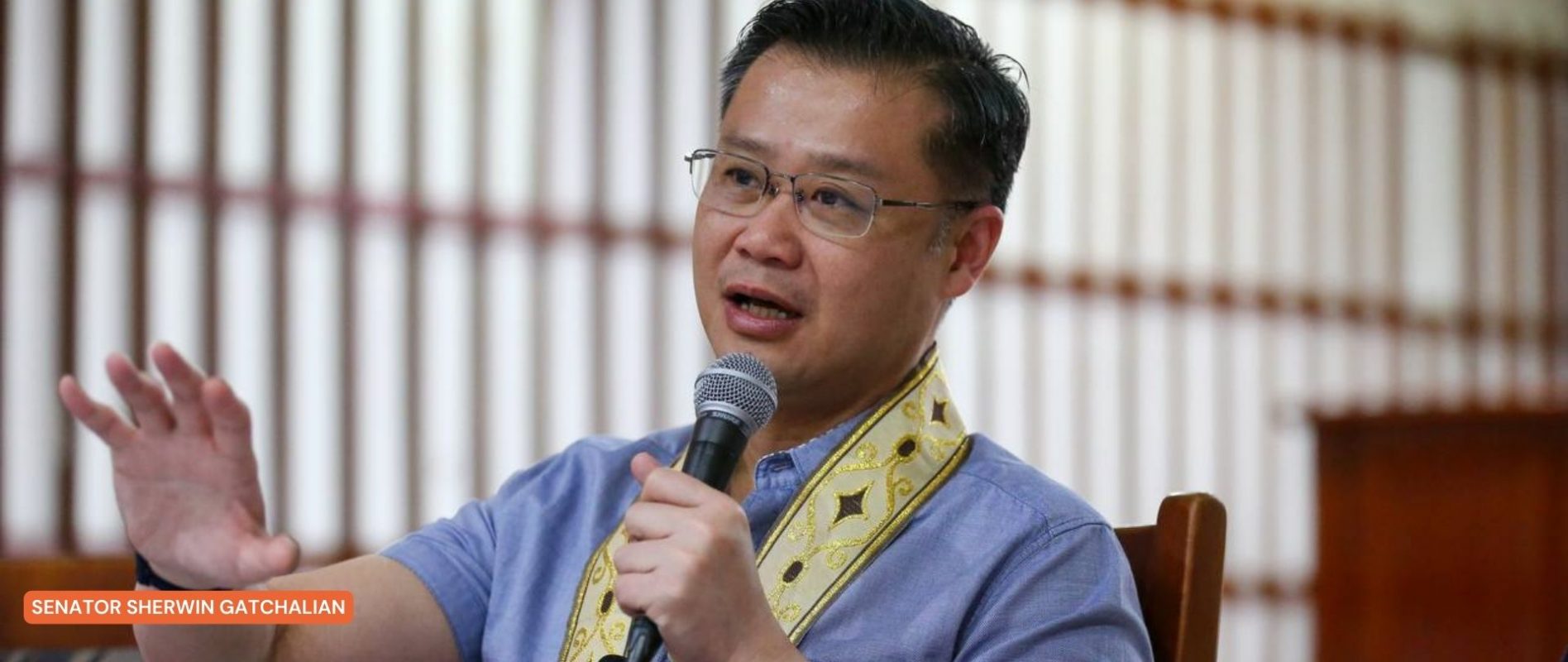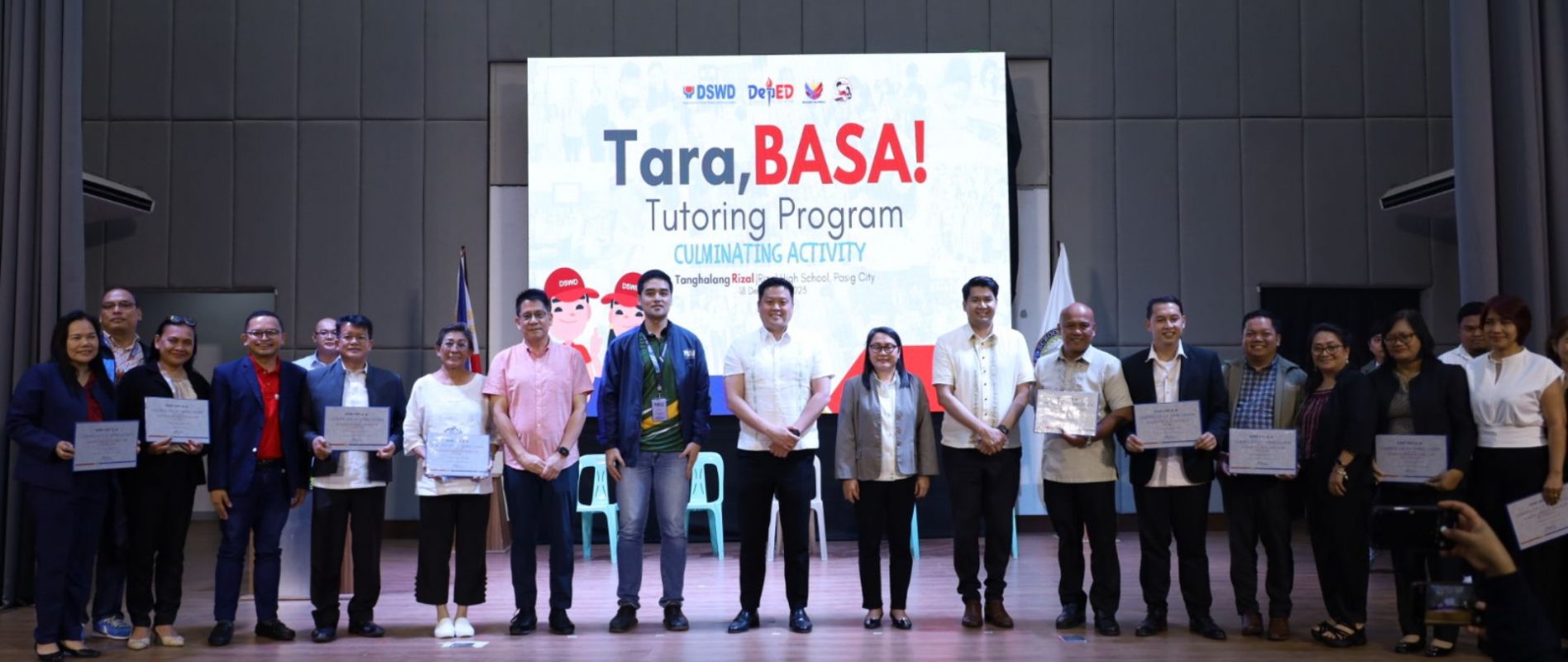HOUSE PANEL APPROVES BILLS TO OVERHAUL CHED AND TESDA
THE HOUSE Committee on Higher Education has approved a set of landmark bills reorganizing and modernizing the Commission on Higher Education (CHED) and the Technical Education and Skills Development Authority (TESDA), marking a major step toward a more coherent and future-ready tertiary education system in the Philippines.
The Second Congressional Commission on Education (EDCOM 2) lauded the committee’s action, describing it as a critical milestone in the transformation of higher and technical-vocational education governance.
“Our committee’s approval of landmark legislation marks a critical inflection point in fulfilling the mandate to build a modern, coherent, and future-ready tertiary education system for the Philippines,” said EDCOM 2 Co-Chairperson Rep. Jude Acidre.
“We are fundamentally transforming how we view and govern our institutions, ensuring our educational output is globally competitive and aligned with national development goals,” he added.
A centerpiece of the committee’s action is the proposed Higher Education Development and Innovation Act of 2025, which will replace the nearly three-decade-old Higher Education Act of 1994.
The new measure shifts CHED’s mandate from regulatory oversight to a development-oriented, innovation-driven model.
Under the proposal, CHED will implement a typology-based classification system for higher education institutions, granting differentiated autonomy to high-performing schools. HEIs demonstrating strong performance and institutional maturity will receive fewer bureaucratic constraints and greater freedom to innovate.
To strengthen academic excellence, the Act mandates the creation of a Faculty Development Fund, requiring no less than 5% of CHED’s annual appropriations to be allocated for scholarships, grants, and training for qualified faculty members.
The committee also approved several bills—House Bill Nos. 3048, 3683, 4767, 5145, and 5613—aimed at restructuring TESDA and enhancing its flexibility in addressing workforce development needs. The proposal elevates the TESDA Director-General to a rank equivalent to a Department Secretary.
One of the most notable reforms is the replacement of the current TESDA Board with a Board of Advisers that will meet twice a year to provide policy direction. The body will include the TESDA Director-General; the Secretaries of Labor and Employment and Education as Co-Chairpersons; as well as the Secretaries of Trade and Industry, Agriculture, Interior and Local Government, and the CHED Chairperson.
Representatives from industry, labor, technical-vocational institutions, and the private sector will also sit on the board.
The proposed measures broaden TESDA’s mandate by explicitly covering Associate Degrees, which equip learners with specialized technical skills while enabling progression to bachelor’s degree programs. The bills also formalize the role of Polytechnic Colleges, defined as institutions offering National Certificate Levels 4–5 with pathways toward baccalaureate programs.














